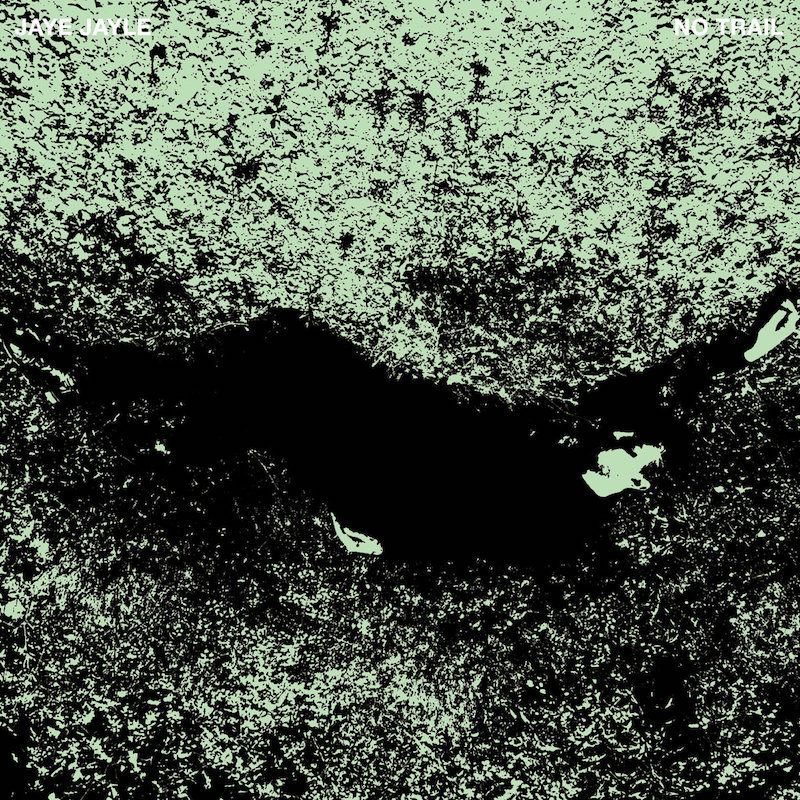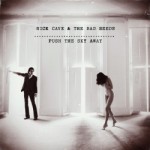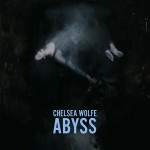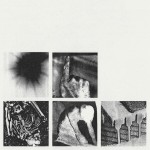Jaye Jayle : No Trail and Other Unholy Paths

Evan Patterson’s career has until recently comprised a series of bruising, aggressive if increasingly more spacious recordings. The Louisville musician’s most prolific project to date has been Young Widows, whose post-hardcore has gradually been stretched from concise gut-punches to heavy, psychedelic dirges. Earlier on, he played a role in a number of shorter-lived but consistently aggressive acts including Black Cross, Breather Resist and Black Widows, all of which ranked somewhere between eight and nine on a scale of ass whipping. Jaye Jayle, his latest project, is nothing like any of those bands, and that’s by design. Patterson started it as a solo effort, an avenue for a different sort of dark, nuanced songwriting that didn’t fit in with his heavier full-time band—more Bad Seeds, less Black Flag. Jaye Jayle, too, has been expanded into a proper band, and with the release of sophomore album No Trail and Other Unholy Paths, Patterson reveals himself as much a master at eerily nuanced songwriting as he does at bruising noise rock.
For a brief moment, No Trail gives the impression that it’s something more minimalist and weightless, the piano repetitions of “No Trail: Path One” seemingly fit for a contemporary ambient or post-rock record more than a sinister psych-Americana path. But it’s only in the final minute, all moody synths dripping with dread, where the album’s aesthetic really comes into focus. If it sounds like one of the more harrowing moments from Twin Peaks: The Return, that’s likely not coincidental. The album was produced by Dean Hurley, longtime music supervisor for David Lynch, and it’s awash with the kind of surrealist noir that’s part of the Lynch oeuvre. Patterson and company are more than capable of crafting their own uniquely atmosphere of druggy darkness, however, creating a strange, hallucinatory and consistently strong set of acid goth.
No Trail hits hard often, but it takes shape slowly, the brooding dirge “No Trail: Path Two” slowly building up from the blackened ooze its predecessor began to spread. Sargent House abelmate and previous collaborator Emma Ruth Rundle provides the first of many backing vocals on the record, and while the song takes its time to progress, there’s a lingering, unsettling feeling about it that hangs heavy—a mood more intense than a cranked volume knob ever could be. With “Ode to Betsy,” however, kicks off with a gothic country gallop, injecting some grit and momentum into a record that often gets comfortable in slow-motion spirals. Those spirals are often stunning, however, whether on the surprising appearance of a saxophone during the back half of “Accepting,” the air-raid siren synths of “As Soon As Night” or the industrial-jazz grime of “Low Again Street.”
Though the more overt heaviness of Young Widows isn’t present throughout much of No Trail and Other Unholy Paths, it’s still a remarkably heavy set of songs. That comes in large part through the use of repetition and drone, Patterson and company turning what should be a comfortable groove into something more ominous and menacing. The longer the synths ooze, the guitars ring out or the saxophone squeals, the more dangerous these songs feel.
Similar Albums:
 Nick Cave and the Bad Seeds – Push the Sky Away
Nick Cave and the Bad Seeds – Push the Sky Away
 Chelsea Wolfe – Abyss
Chelsea Wolfe – Abyss
 Nine Inch Nails – Bad Witch
Nine Inch Nails – Bad Witch
Jeff Terich is the founder and editor of Treble. He's been writing about music for 20 years and has been published at American Songwriter, Bandcamp Daily, Reverb, Spin, Stereogum, uDiscoverMusic, VinylMePlease and some others that he's forgetting right now. He's still not tired of it.

